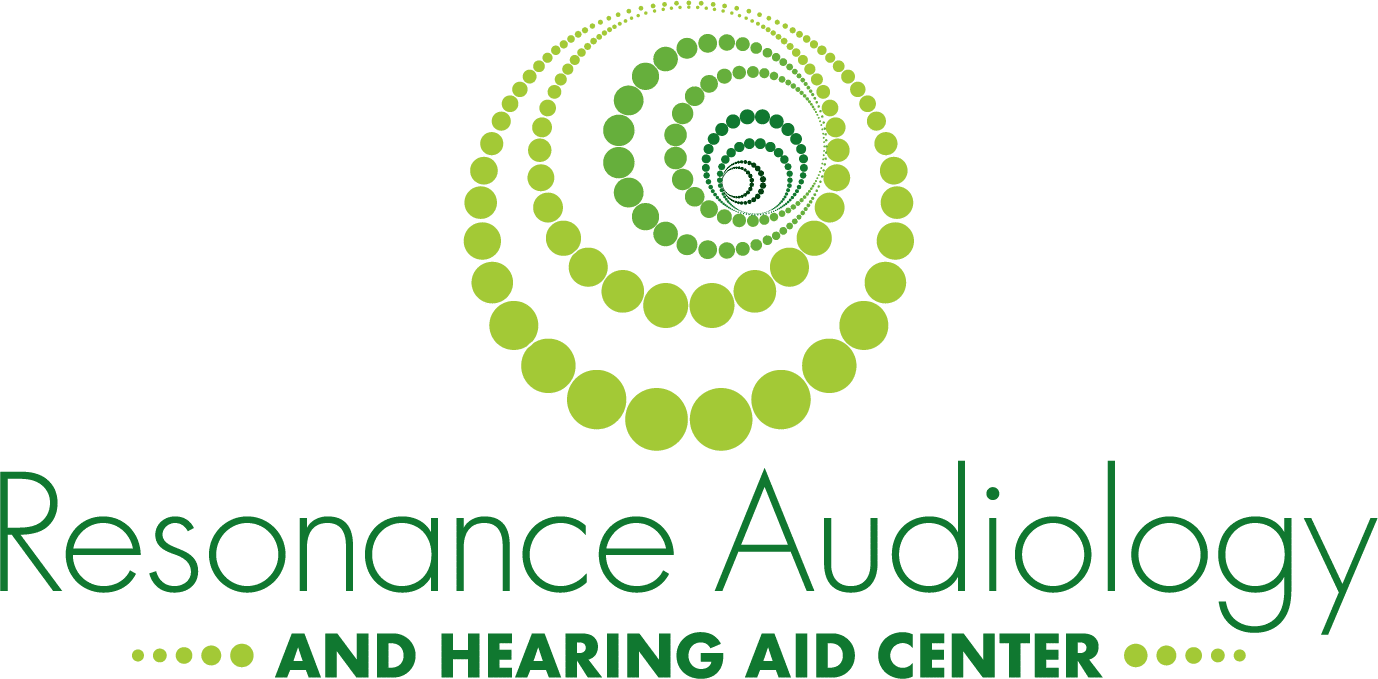Am I Too Young to Consider Hearing Aids?
More than half of over 360 million people around the world who have moderate to profound hearing loss are actually people under the age of 65 – and the alarming fact is that more and more young people show evidence of early hearing damage.

And yet, if you are suffering from hearing loss that is so stigmatized in a youth-obsessed culture, you may worry that if you truly embrace this condition, you are acknowledging the beginning of age-related health decline.
At Resonance Audiology, we have been asked many times: “Am I too young to consider hearing aids?”
Our definite answer has always been: “There is no such thing as too early for hearing aids – hearing loss does not discriminate based on age”.
The World Health Organization revealed that nearly half of all people ages 12 – 35 are at risk of hearing loss due to “prolonged and excessive exposure to loud sounds.”
If you are experiencing hearing loss to any degree, consider these: having to ask to repeat a question; answering questions inappropriately; missing conversations; misunderstanding instructions; withdrawing from social situations; problems with abstract thinking. These are all symptoms that will worsen over time.
And yet, those with hearing loss may not realize they are exhibiting these symptoms, and it’s often their family members, friends and coworkers who first notice a problem.
The onset and severity of hearing loss is impacted by noise exposure, medication side effects, and other health conditions, and continued hearing loss can lead to depression, and social isolation. Another big aspect is cognitive decline, as hearing loss forces the brain to work harder to understand speech, leaving less resources for forming memories and thinking.
A very important consideration is that if you have hearing loss, you may actually be at greater risk of further damage to your remaining hearing. Also, the decreased sound stimulation from the untreated ear can over time cause the brain lose to its ability to process sound clearly from that ear, so even if a hearing aid were added several years later, speech may still not sound as clear in that ear than with an earlier intervention to maintain its function.
A study published in Scientific Reports, showed that the teens with tinnitus (ringing or buzzing in the ears) were more sensitive to loud noises than others, a sign that the auditory nerves had been damaged. Young people experiencing this condition often face serious hearing impairment later in life. A recent study revealed that nearly 30 percent of teenagers had tinnitus.
A broad range of factors can lead to hearing loss, such as genetic conditions, specific infectious diseases, use of certain drugs, aging and environmental noise.
The truth is, one is never “too young” to take care of his or her well-being. Even though the signs of hearing loss may be subtle in the beginning and may take years to start to worsen – it can often develop into a serious condition.
Hearing loss can happen at any age, and our belief is that family members encouraging and supporting their loved ones to get hearing problems diagnosed and treated as soon as possible can be crucial.
Prevention and early intervention are key. Modern hearing aids are not just effective, they are also designed to be much more discreet, such as receiver-in-the-canal, and virtually invisible.
Expert audiologists at Resonance Audiology & Hearing Aid Center, LLC are here to help with hearing tests and choosing from different hearing aids to best fit someone’s particular needs.
Contact Resonance Audiology & Hearing Aid Center today – best place to buy hearing aids and find treatment solutions for you or your loved one.
